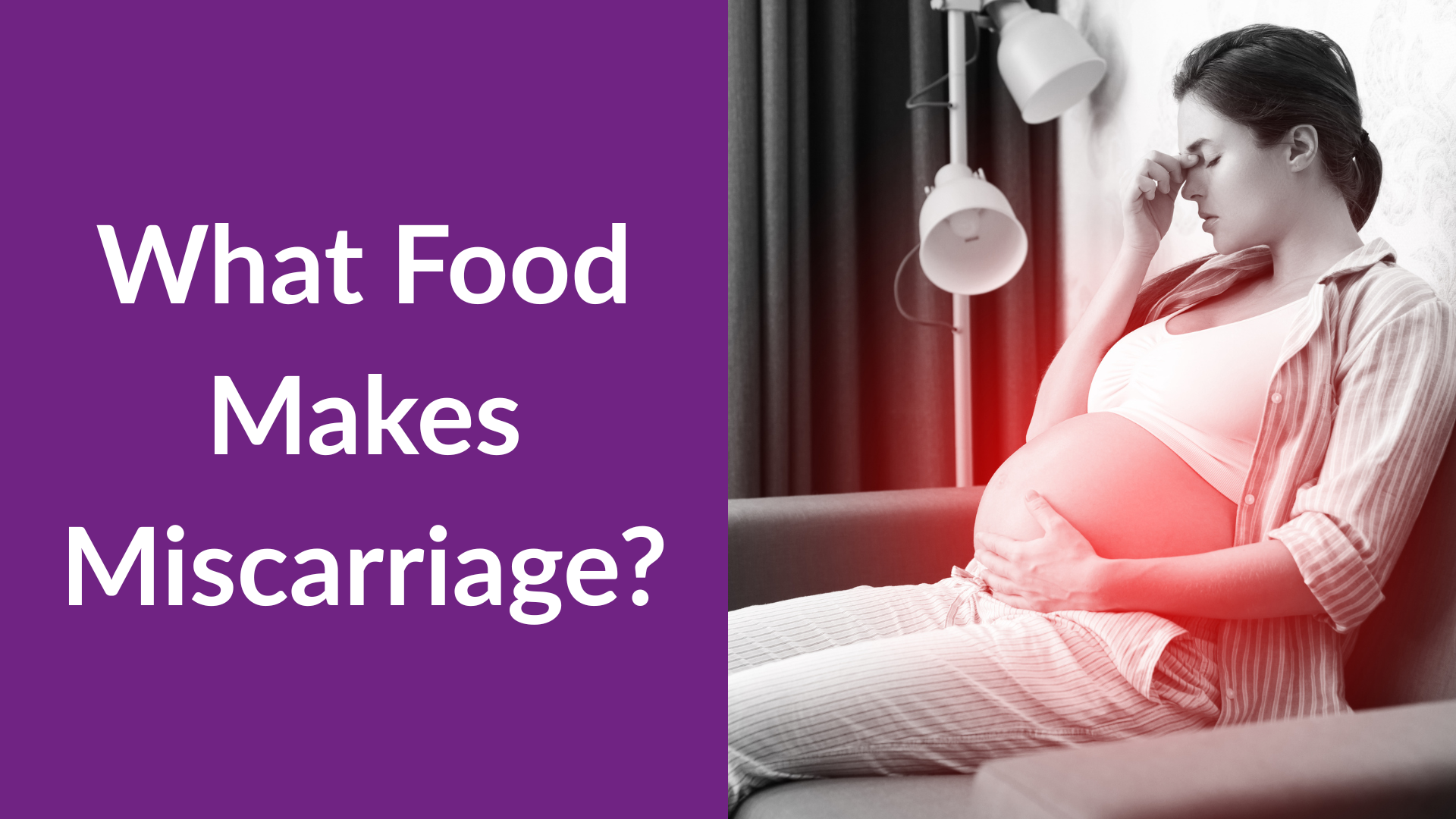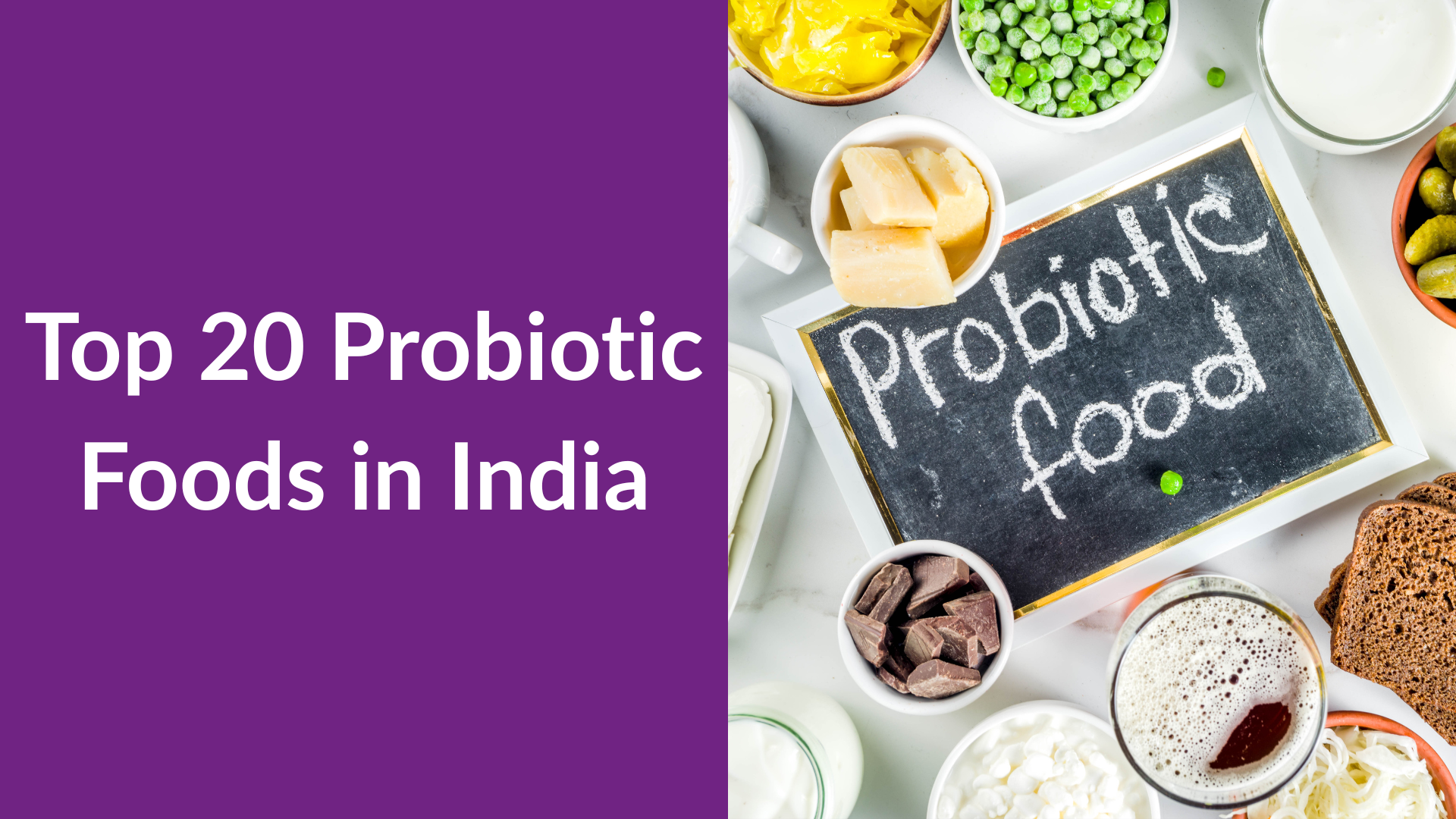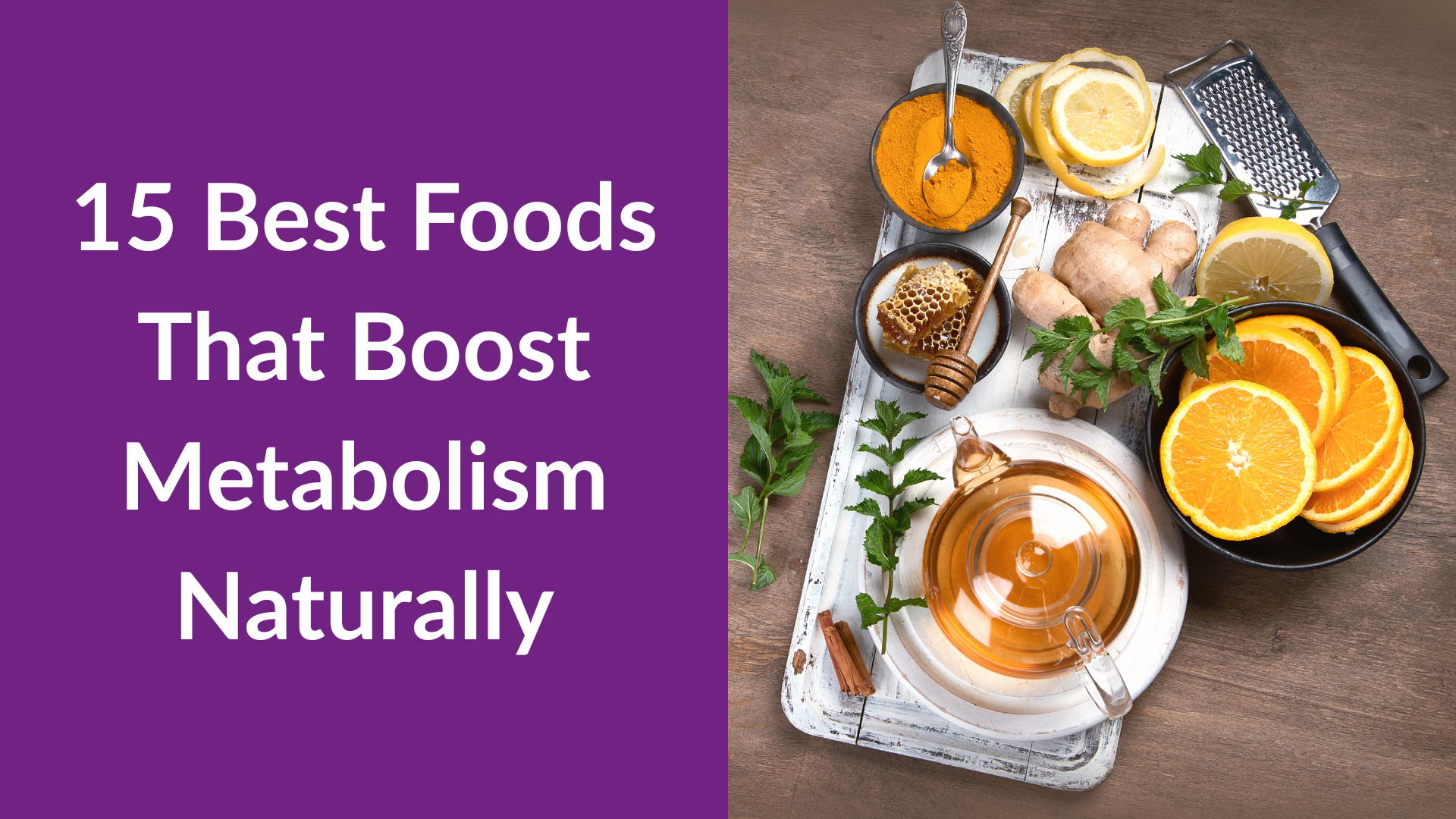Pregnancy is a delicate and transformative journey. While most foods support a healthy pregnancy, some may increase the risk of miscarriage, especially in the early stages. Understanding “what food makes miscarriage” is vital to safeguard the mother and developing baby. In this guide, we explore high-risk foods, why they are dangerous, and how to make safe dietary choices throughout pregnancy.
Understanding Miscarriage
A miscarriage refers to the spontaneous loss of pregnancy before 20 weeks of gestation. It can occur due to several factors including chromosomal abnormalities, hormonal imbalances, infections, underlying medical conditions, and environmental exposures. Diet also plays a pivotal role in either supporting or jeopardizing pregnancy.
What Food Makes Miscarriage? – High-Risk Foods to Avoid
Unripe or Raw Papaya
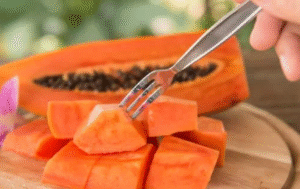

Contains latex enzymes like papain that mimic prostaglandins, potentially triggering uterine contractions. Especially dangerous during the first trimester.
Pineapple
Rich in bromelain, which can soften the cervix and stimulate premature labor. Excessive consumption, especially in early pregnancy, may raise miscarriage risk.
Raw or Undercooked Meat
May harbor Listeria, Salmonella, or Toxoplasma gondii, leading to foodborne infections that can trigger miscarriage or fetal harm.
Avoid: Rare steak, raw poultry, deli meats unless reheated to steaming hot.
Unpasteurized Dairy Products
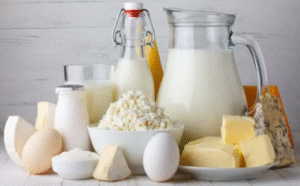

Products like raw milk, soft cheeses (Brie, Feta, Blue Cheese) can carry Listeria monocytogenes, a harmful bacterium linked to miscarriage and stillbirth.
Raw or Partially Cooked Eggs
Risk of Salmonella, which can cause food poisoning symptoms such as diarrhea and cramping that may increase uterine activity.
Hidden sources: Homemade mayonnaise, mousse, raw cookie dough.
High-Mercury Fish
Mercury can interfere with fetal brain development and increase miscarriage risk.
Avoid: Shark, swordfish, king mackerel, tilefish and choose low-mercury options like salmon, cod, and sardines.
Sprouted or Green Potatoes
Contain solanine, a toxic compound that can interfere with fetal development and potentially cause miscarriage.
Animal Liver
Rich in retinol (Vitamin A), which in excess, can cause congenital abnormalities and raise miscarriage risk, particularly during the first trimester.
Certain Spices and Herbs
Some have uterotonic properties that may stimulate the uterus.
Avoid high doses of:
- Saffron
- Fenugreek
- Cinnamon
- Asafoetida
- Drumstick (Moringa) leaves
Aloe Vera
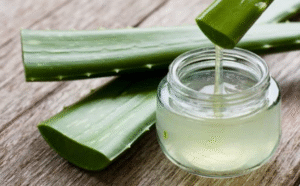

Oral consumption can lead to uterine bleeding and pelvic hemorrhage, increasing miscarriage risk.
Peach (in excess)
May trigger bleeding due to compounds that irritate the uterine lining. Peach skin hair may also cause allergic reactions.
Unwashed Produce
Can be contaminated with Toxoplasma gondii, leading to toxoplasmosis—a serious parasitic infection linked to miscarriage.
Wash all fruits and vegetables thoroughly and peel where possible.
Processed and Canned Foods
High in sodium, preservatives, and additives, which may disrupt hormonal balance and contribute to pregnancy complications.
Caffeine in High Amounts
More than 200 mg/day (about one 12-oz coffee) has been associated with higher miscarriage risk.
Alcohol


Even small amounts can interfere with fetal development, increasing the risk of fetal alcohol syndrome and miscarriage. Complete abstinence is recommended.
Energy Drinks
Contain high levels of caffeine and taurine, which can raise heart rate and uterine irritability.
Why Are These Foods Risky?
| Risk Factor | Impact on Pregnancy |
| Bacterial Infections | Listeriosis, salmonellosis, and toxoplasmosis can lead to miscarriage or fetal harm |
| Toxins | Mercury, solanine, or excess vitamin A can cause developmental issues and pregnancy loss |
| Uterine Activity | Certain enzymes and compounds stimulate contractions prematurely |
| Hormonal Disruptors | Additives, caffeine, and alcohol can affect fetal growth and hormonal balance |
Tips to Avoid Miscarriage-Causing Foods
- Cook food thoroughly (especially meat, fish, and eggs)
- Consume only pasteurized dairy
- Wash all produce well
- Read food labels for caffeine and preservatives
- Avoid unverified herbal teas and supplements
- Consult your gynecologist before introducing new food or beverages
Conclusion
Understanding what food makes miscarriage empowers expectant mothers to make safer dietary decisions. While many listed foods offer health benefits in other circumstances, they can pose risks during pregnancy. When in doubt, always consult a gynecologist or prenatal nutritionist for personalized guidance. A mindful, nutrient-rich, and safe diet can go a long way in supporting a healthy, full-term pregnancy.

